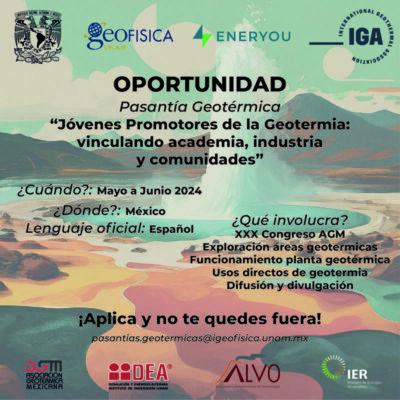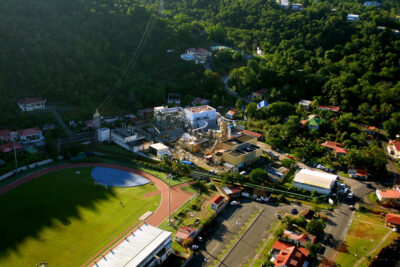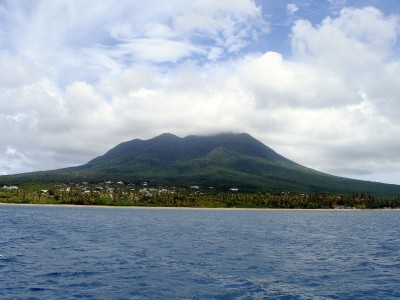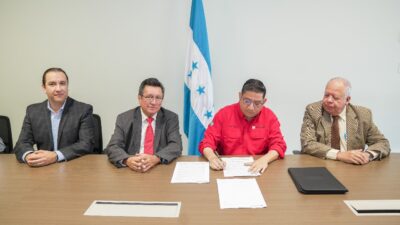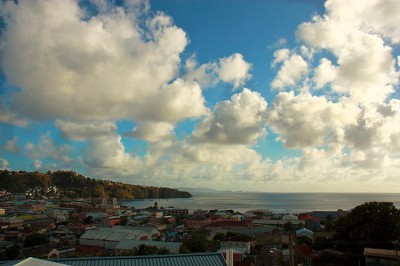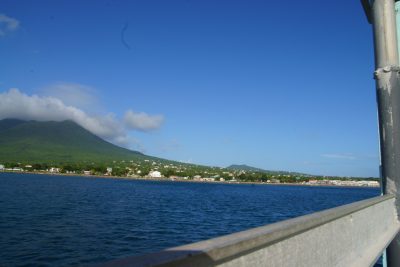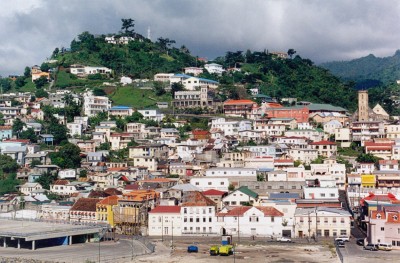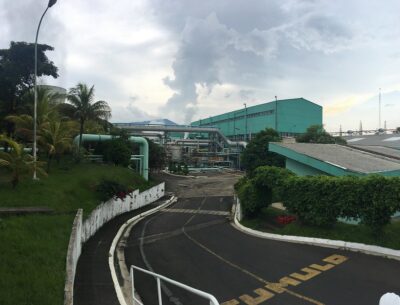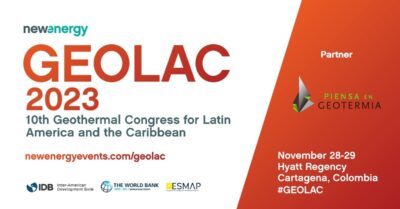Government of Chile (carefully) commits to develop geothermal energy market
During the opening speech at this year's GEOLAC geothermal congress for Latin America & the Caribbean, Undersecretary of Energy in Chile, Ricardo Irarrázabal stressed the government of Chile's commitment to support development of geothermal energy in the country.
The Undersecretary of Energy, Ricardo Irarrázaba expressed his commitment during the 6th Geothermal Congress for Latin America and the Caribbean – GEOLAC 2019, held on July 17 and 18 in Santiago in Chile. What signs did it give the industry? The main statements of the official.
The Undersecretary of Energy, Ricardo Irarrázabal, was in charge of giving the opening speech of the event that brought together public, private and multilateral actors committed to promoting geothermal investment in Latin America and the Caribbean.
During his speech, Irarrázabal explained that “the latest analyzes derived from the Geothermal Bureau, estimate that its technically exploitable potential of the areas explored in Chile is around 3,000 MW , which together with its tremendous possibilities of thermal use places us , again, in a privileged place worldwide for the electrical or thermal use of this energy source ”.
In that context – he explained – that the Government of President Piñera has a clear vision regarding knowing how to take advantage of the energy resources and the excellent levels of competitiveness shown by renewable energies, “promoting the elimination of entry barriers to help modernize and build A more sustainable Chile. This requires taking on new challenges, one of them is the need to generate the conditions for the massive integration of renewable energy sources to be achieved efficiently and sustainably, promoting, for example, greater flexibility of the electrical systems that allow to accommodate a greater amount of variable renewable energies ”.
Undersecretary Irarrázabal also stressed that our country has renewable and manageable energy resources that can help provide efficiently and sustainably the flexibility that the systems will require.
“Geothermal energy is one of those that is called to add to the prominence of renewable energies, having complementary characteristics to variable renewable energies, to be able to deliver a basic, manageable supply, with 24/7 availability, invariable before fluctuations climate and have a high plant factor, in addition to sharing the advantages of being a clean, renewable and own energy source ”.
For his part, Virginia Brandon , representative resident in Chile of the World Bank, explained that “the Southern Cone has a vast experience that could be replicated at regional and global level. The Forum is an important platform for this exchange and to expose advances in the geothermal sector, both in generation applications, and in the development of the first geothermal power plant of the Cerro Pabellón subregion in Chile and the work on low geothermal resources enthalpy. ”
The World Bank Group continues to be the largest multilateral geothermal development funder, providing resources for about US $ 2.3 billion in investment financing worldwide over the past decades, in order to help countries diversify their generation matrices electricity and reduce greenhouse gas emissions.
“In Chile, we have been working with the Ministry of Energy for several years within the framework of the National Determined Contributions objectives for a cleaner energy matrix, but also strongly supporting the geothermal discussion that is currently taking place. We applaud the leadership role of the region in this scenario and in that of global climate change, in which the Government of Chile as host country of the next United Nations COP25 is betting heavily, ”Brandon said.
Commitments of the Energy “route” around geothermal energy:
- The creation of the coal thermoelectric power stations, which allowed the Ministry of Energy to formulate a decarbonization strategy of the electric matrix, which in addition to the aforementioned withdrawal and other actions carried out by the Ministry, such as increased penetration Renewable energy, energy efficiency, electromobility, distributed generation, electrification of transport and industry, allows us to assume in a responsible and serious way the commitment of carbon neutrality by 2050;
- The improvement of the regulatory framework for the incorporation of flexibility into the electrical system, which allows us to develop a safe, efficient and sustainable electrical matrix over time, through a high integration of renewable energies;
- Promote the placement of international funds in instruments for mitigating risks to deep geothermal exploration in Chile, together with adequately recognizing this risk in the postponement or early termination clause of the supply contract for the bidding conditions;
- The digitalization of the application procedure and processing of geothermal concessions;
- The improvement of Law No. 19,657, on geothermal energy concessions, to facilitate the development of thermal and shallow uses of geothermal energy;
- Encourage shallow exploitation through a “Geothermal Direct Use Program”, which considers lines of work focused on strengthening the energy market of this technology, as well as its possible contribution to district energy challenges;
- Promote a modern and efficient market that does not put obstacles to the integration of new renewable energy sources, among other issues.
Source: Energía Estratégica Latam








